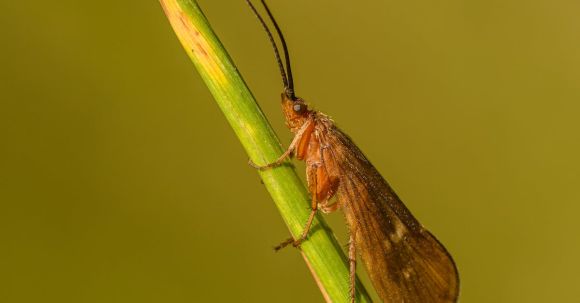Insects are often seen as pests, but not all of them are detrimental to our environment. In fact, there are many insects that play a crucial role in maintaining a healthy ecosystem. These insects are known as beneficial insects, and they provide a natural form of pest control that helps to keep our gardens and crops thriving without the need for harmful chemicals. Let’s explore the fascinating world of beneficial insects and their importance in maintaining a balanced and sustainable ecosystem.
Predatory Insects: The Garden’s Guardians
One group of beneficial insects that are particularly important in pest control are predatory insects. These are insects that feed on other insects, especially those that are considered pests. Ladybugs, for example, are well-known predators of aphids, which are notorious for damaging plants by sucking out their sap. By preying on aphids, ladybugs help to keep their populations in check, preventing them from causing widespread damage to crops and gardens.
Another example of a predatory insect is the praying mantis. These fascinating creatures are skilled hunters and will eat just about any insect that they can capture. They are particularly effective at controlling pest populations in gardens, as they have a voracious appetite and are able to consume large numbers of insects in a short period of time.
Pollinators: Essential for Plant Reproduction
While predatory insects help to control pest populations, there are other beneficial insects that play a crucial role in plant reproduction. These insects are known as pollinators, and they are responsible for transferring pollen from the male parts of a flower to the female parts, allowing plants to reproduce. Bees, butterflies, and moths are some of the most well-known pollinators.
Without pollinators, many plants would not be able to produce fruits or seeds. This would have a significant impact on the entire ecosystem, as many animals rely on these fruits and seeds for food. Pollinators also help to maintain the genetic diversity of plants, ensuring their long-term survival.
The Importance of Diversity in Beneficial Insects
In order to have effective pest control, it is important to have a diverse range of beneficial insects present in the ecosystem. Each species of beneficial insect has its own unique set of prey, and by having a variety of predators and pollinators, we can ensure that a wide range of pests are kept in check.
Creating an Environment for Beneficial Insects
To encourage the presence of beneficial insects in your garden or farm, it is important to create a suitable habitat for them. This can be done by providing a variety of plants that attract and support beneficial insects. Native flowering plants are particularly effective at attracting pollinators, while certain herbs such as dill and fennel can attract predatory insects like ladybugs.
Avoiding the use of chemical pesticides is also crucial, as these can harm beneficial insects along with the pests. Instead, consider using organic pest control methods, such as companion planting, crop rotation, and the use of biological controls like nematodes or parasitic wasps.
In conclusion, beneficial insects are essential for maintaining a healthy ecosystem. They provide natural pest control by preying on harmful insects and ensuring the reproduction of plants through pollination. By creating a diverse habitat and avoiding the use of harmful pesticides, we can support the presence of beneficial insects and contribute to a more sustainable and balanced environment. So, next time you see an insect in your garden, take a moment to appreciate its role in maintaining a healthy ecosystem.
